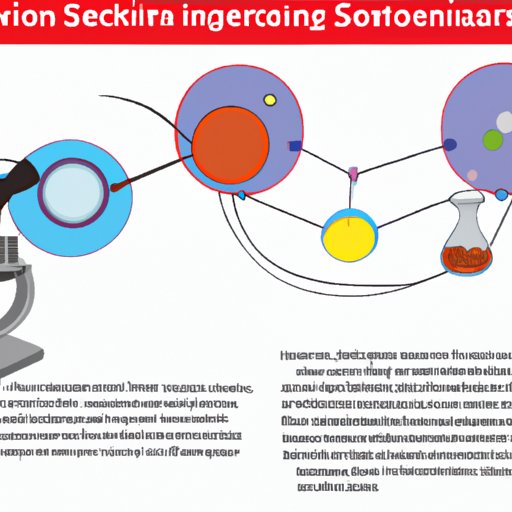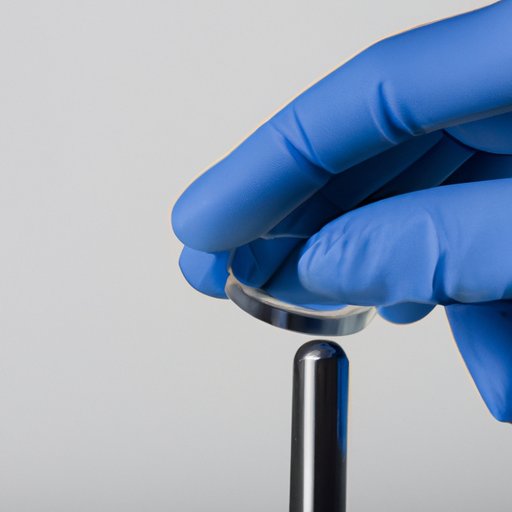Introduction
Observations are one of the most essential components of scientific research. But what does it mean to make an observation in science? Observations are the process of collecting data through the use of your senses, such as sight, hearing, touch, smell, and taste. By making observations, scientists can learn about the world around them and create theories that explain the phenomena they observe.
In this article, we will explore the role of observations in science, discuss the power of making accurate observations, and examine the impact of observations on scientific discoveries.

Exploring the Role of Observations in Scientific Research
Observations play a critical role in scientific research. Scientists use observations to test ideas and hypotheses. For example, if a scientist has a hypothesis that states that a particular species of plant grows better in certain soil conditions, they would need to make observations of the plant’s growth in different soil conditions to test the hypothesis.
Observations can also be used to develop new theories or refine existing ones. By making observations, scientists can identify patterns, trends, or anomalies that can lead to new insights or explanations for a phenomenon. For example, by observing the behavior of a particular species of bird, a scientist may be able to infer that the bird is using a particular type of communication to communicate with its peers.
The significance of observations in the scientific method cannot be overstated. The scientific method is a process that involves making observations, forming hypotheses, testing hypotheses, and drawing conclusions. Without making accurate observations, it is impossible to form valid hypotheses or test them properly. Therefore, observations are essential for the advancement of scientific knowledge.

Examining the Power of Making Accurate Observations in Science
What does it mean to make an observation in science? Making an observation requires more than just looking at something or listening to something. To make an accurate observation, you must pay attention to details, take notes, and record your observations. You must also be aware of potential biases or errors that could influence your observations.
Teaching students the value of scientific observation is essential for developing their critical thinking skills. By encouraging students to make accurate observations, they can develop the skills necessary to evaluate evidence and draw conclusions from data. This is an important part of learning how to think scientifically.
Understanding the Impact of Observations on Scientific Discoveries
Observations have been responsible for some of the most important scientific discoveries in history. For example, Galileo Galilei made the first telescopic observations of the night sky in 1610 and discovered four of Jupiter’s moons. These observations revolutionized our understanding of the universe and paved the way for future discoveries.
Another example of an important observation in science is the discovery of the structure of DNA by James Watson and Francis Crick in 1953. They made careful observations of X-ray diffraction images of DNA molecules and used them to construct a model of the double helix structure of DNA. This discovery had a huge impact on our understanding of genetics and has led to numerous advances in medicine and biotechnology.
Observations have had a profound impact on scientific discoveries throughout history. By making accurate observations, scientists are able to gain new insights into the natural world and uncover hidden truths that can lead to revolutionary breakthroughs.
Conclusion
Observations are an essential component of scientific research. They allow scientists to test ideas and hypotheses, develop new theories, and make important discoveries. Making accurate observations is key to the success of any scientific endeavor, as it ensures that data is collected accurately and without bias.
By exploring the role of observations in science, we can better understand the importance of making accurate observations. Observations have been responsible for some of the most important scientific discoveries in history and continue to be an invaluable tool for advancing scientific knowledge.
(Note: Is this article not meeting your expectations? Do you have knowledge or insights to share? Unlock new opportunities and expand your reach by joining our authors team. Click Registration to join us and share your expertise with our readers.)
